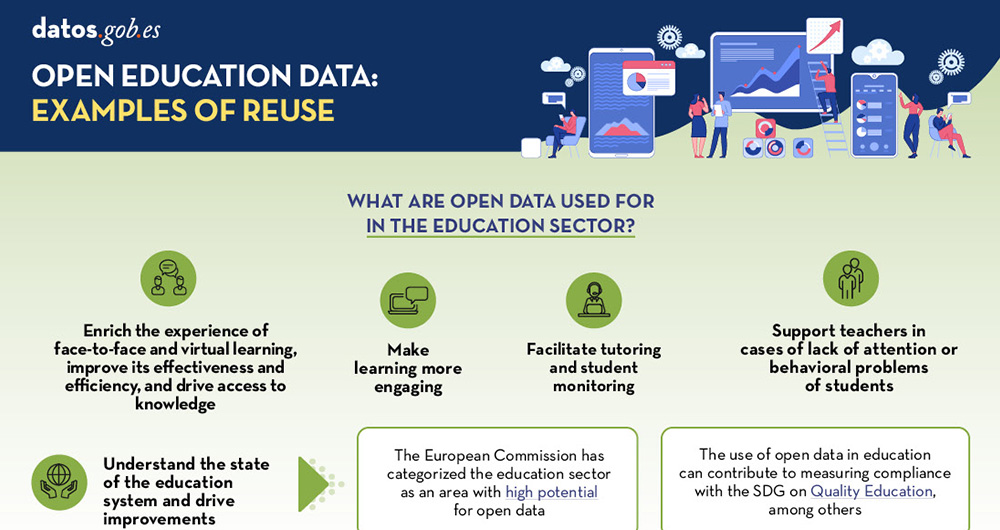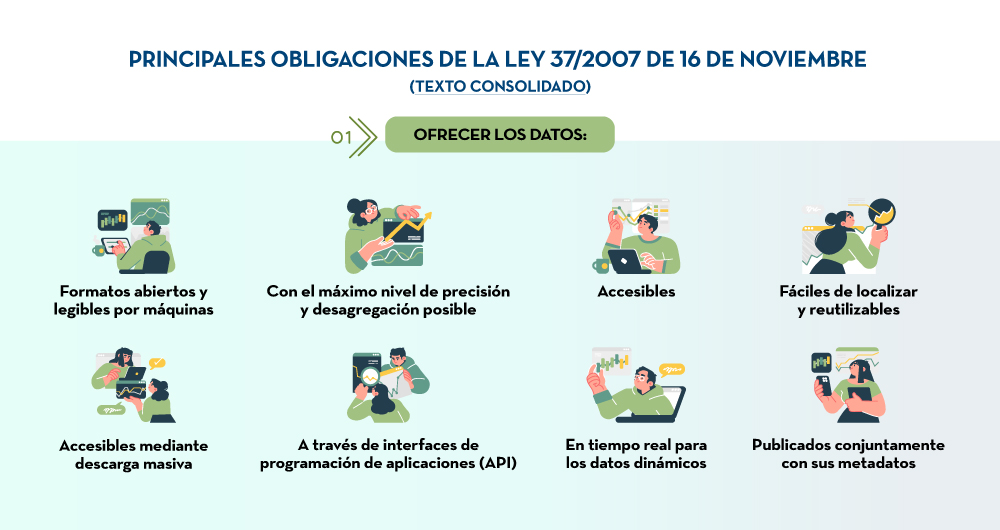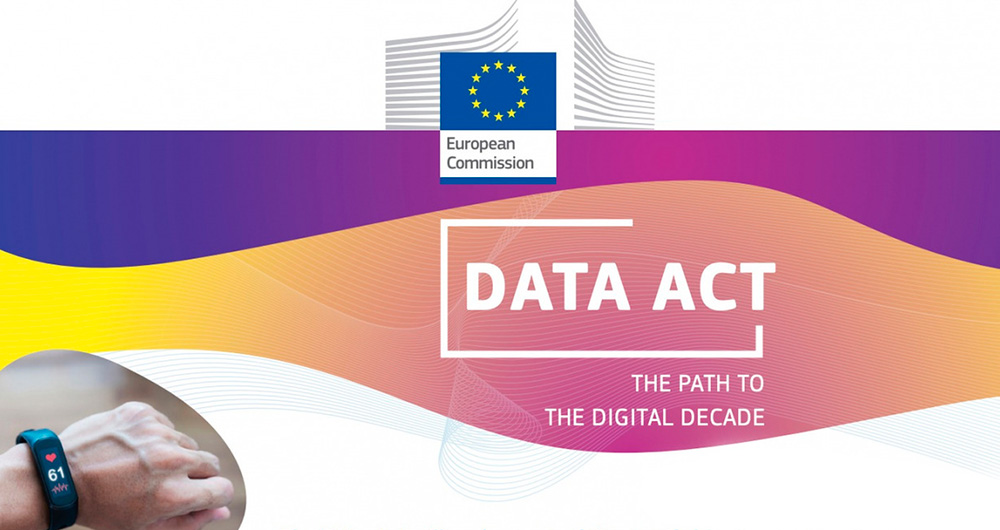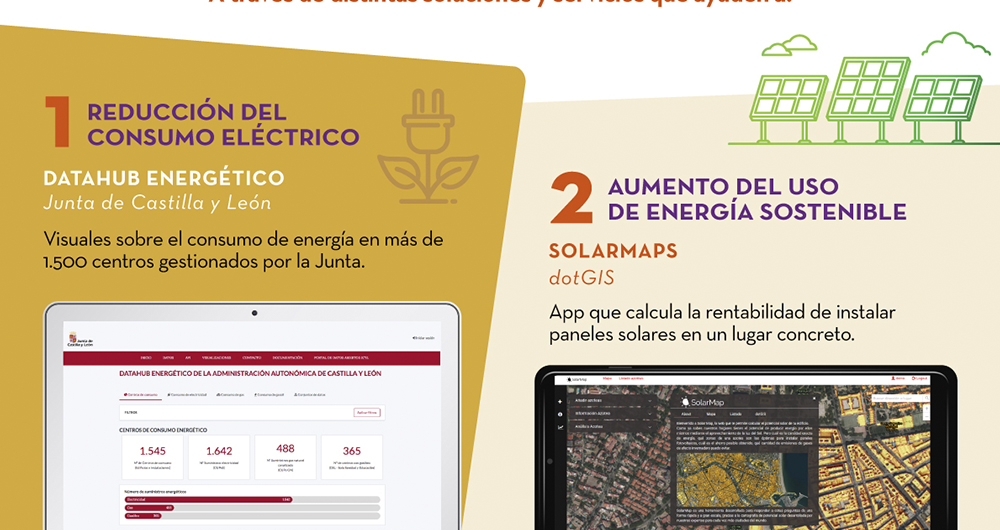11 posts found
How local councils drive open data in municipalities
Although local governments are the closest actors to citizens, they often face limitations in terms of resources and capacities to implement open data effectively. The diputations, as intermediate institutions between central government and municipalities, play a key role in coordinating, supporting…
Data policies that foster innovation
The importance of data in today's society and economy is no longer in doubt. Data is now present in virtually every aspect of our lives. This is why more and more countries have been incorporating specific data-related regulations into their policies: whether they relate to personal, busin…
User access to data from connected products and related services in the new European Data Regulation ( Data Act)
The adoption of the Regulation (EU) of the European Parliament and of the Council of 13 December 2023 on harmonised rules for fair access to and use of data (Data Law) is an important step forward in the regulation of the European Union to facilitate data accessibility. This is an initiative already…
The keys to the UNE data specifications
We live in a constantly evolving environment in which data is growing exponentially and is also a fundamental component of the digital economy. In this context, it is necessary to unlock its potential to maximize its value by creating opportunities for its reuse. However, it is important to bear in…
Open Data for Sustainable City Development
Open data is a valuable tool for making informed decisions that encourage the success of a process and enhance its effectiveness. From a sectorial perspective, open data provides relevant information about the legal, educational, or health sectors. All of these, along with many other areas, utilize…
Open data, a key tool for promoting knowledge and education
Open solutions, including Open Educational Resources (OER), Open Access to Scientific Information (OA), Free and Open-Source Software (FOSS), and open data, encourage the free flow of information and knowledge, serving as a foundation for addressing global challenges, as reminded by UNESCO.
The Unit…
The keys to the Law on re-use of public sector information in Spain
The public sector in Spain will have the duty to guarantee the openness of its data by design and by default, as well as its reuse. This is the result of the amendment of Law 37/2007 on the reuse of public sector information in application of European Directive 2019/1024.
This new wording of the reg…
Data Act, a new initiative in the framework of the European Data Strategy
Updated 02/29/24
At the end of 2021, an agreement was reached between the European Parliament and Member States to push forward the proposed Data Governance Act. The aim was to create processes and structures to facilitate the exchange of data between all relevant actors.
Shortly thereafter, it was…
How is open data used in the health and welfare sector?
In the last year, we have seen how decisions on health matters have marked the political, social and economic agenda of our country, due to the global pandemic situation resulting from COVID-19. Decisions taken on the basis of public data on cumulative incidence, hospital bed occupancy or vaccinatio…
Open data use cases to care for the environment and fight climate change
Climate change, air pollution and sea pollution. These are the 3 main environmental problems for Spanish citizens according to the latest Eurobarometer "Attitudes of European citizens towards the Environment", published in March 2020. The survey also highlights that 90% of the Spanish population con…









